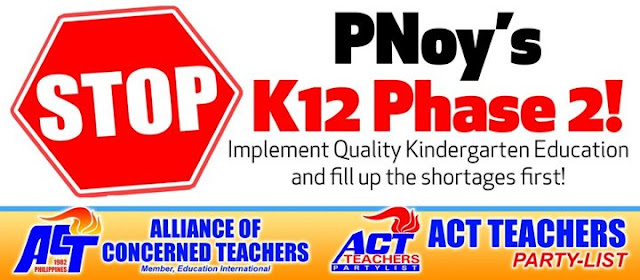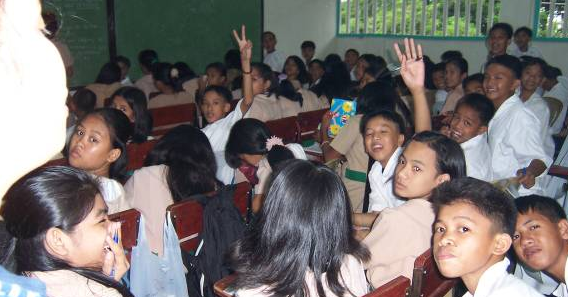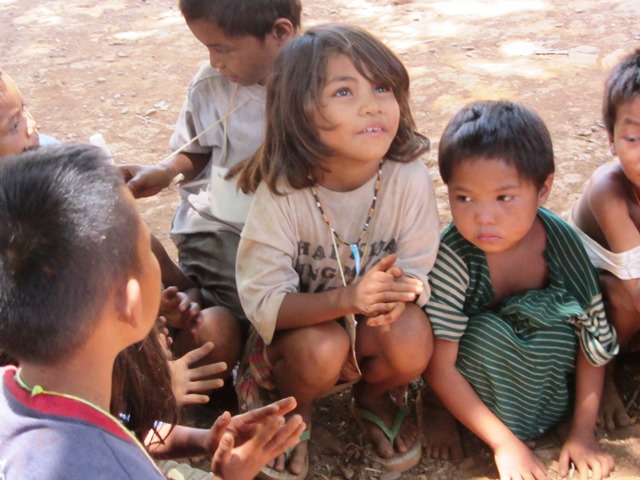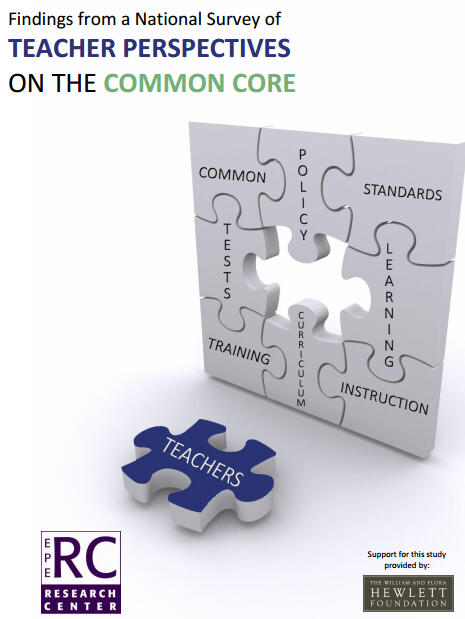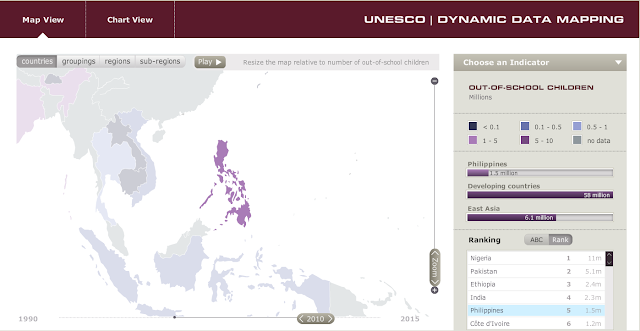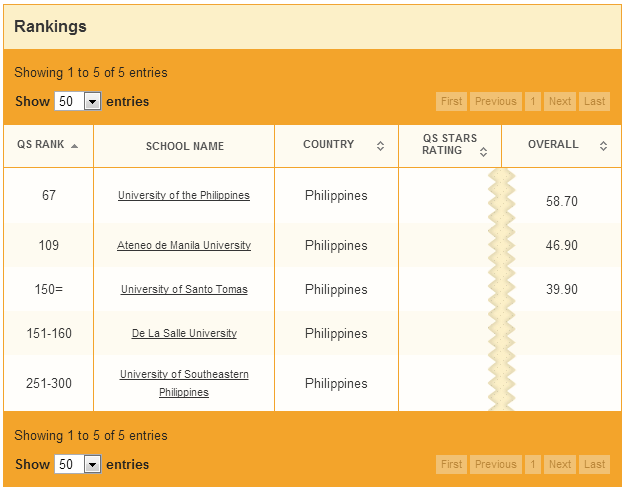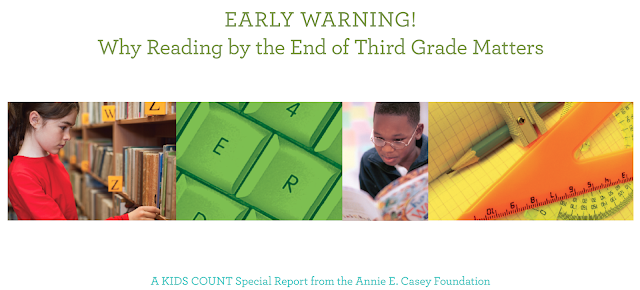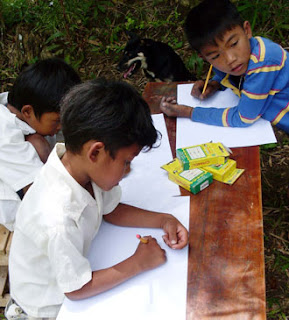Malaybalay City, Bukidnon-DepEd charging for classroom learning packages?
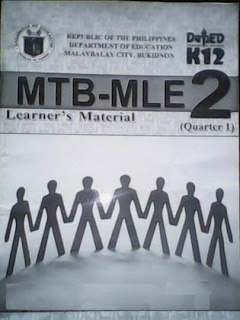
by Joy Rizal I recently learned of some disturbing issues regarding this school year’s (2013-2014) text books / learning packages which the schools are suppose to be using. (The Learning Packages, which are essentially low budget workbooks, are to be used until next year or perhaps the following school year when standard textbooks should be available.) According to a recent news article in several national publications senior DepEd officials have stated several times that throughout the nation there should be no shortage or a very small shortage of text books /learning packages available for students this school year. Here is one example: DepEd: No more shortage of classrooms, teachers By Helen Flores (The Philippine Star) | Updated May 31, 2013 - 12:00am MANILA, Philippines - There will be no more shortage of classrooms, teachers and textbooks in public schools this coming school year, the Department of Education (DepEd) said yesterday. DepEd Assistant




